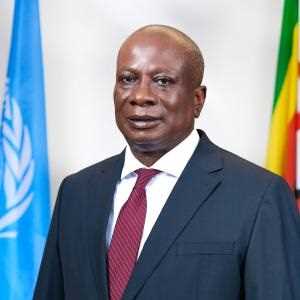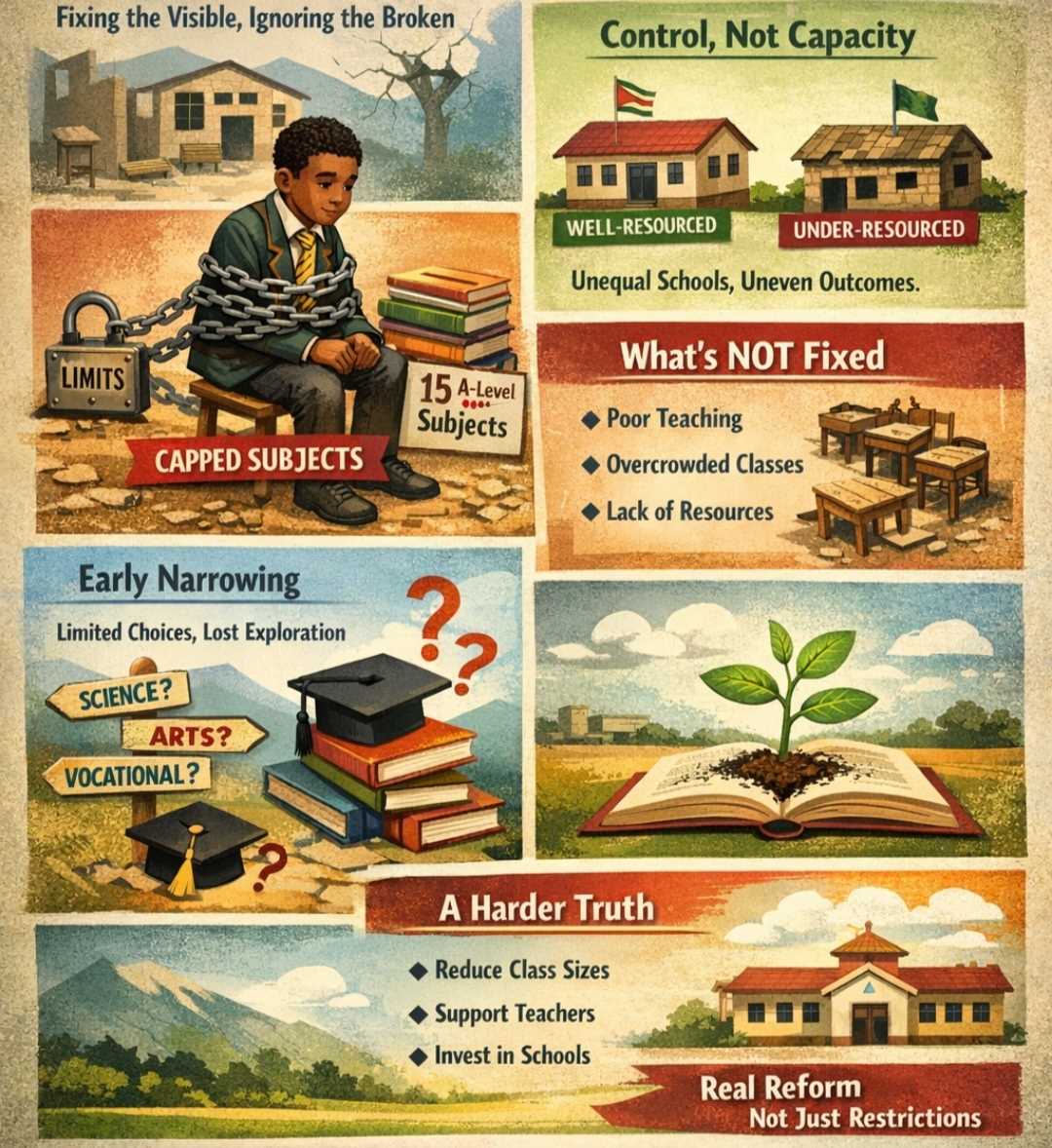
Patrick Musira
Civil Society Organisations in the disability sector in Zimbabwe are engaging in nationwide consultations on a Disability Bill that has been on the cards for more than three decades.
Now that President Emmerson Mnangagwa has assented to the proposals ready to go into Parliament, stakeholders have welcomed the move, given the country’s penchant for feet dragging.
“The Disability Bill has been a long time coming since 1992 when a Disability Policy was enacted before it got stuck in the doldrums, say analysts who spoke to Zim Now.
Leonard Marange, executive director of the Federation of Organisations of Disabled People in Zimbabwe, told participants at a launch to kick-start the national consultations in the capital.
“The President has done his part after gazetting the Bill on February 9, 2024. The ball is in our court and as FODPZ we’re in the process of lobbying our Members of Parliament and disability champions in the House,” he told the delegates.
“The time for us to input into that piece of legislation, interrogate it and see if it is still speaking to us,” he said, adding that some aspects of the 1992 document have been overtaken by time.
“Under the banner of Equal Zimbabwe, a coalition campaign for national disability rights, “we’re fighting to ensure people with disabilities are included in society, and we want to remove barriers so they can enjoy their full rights”.
Related Stories
The campaign is supported by the United Nations Resident Coordinator’s Office in the country and Sightsavers, a non-profit that works with the government and partners in Zimbabwe and across Africa to ensure people with disabilities can thrive.
Fiona Adolu, a legal expert in the UNRCO’s, expressed delight that at last the government is moving and has committed to drive the Persons With Disabilities agenda.
“As the UN we’re happy that the Head of State and Government (President Mnangagwa) and his government are walking the talk in as far as inclusivity and inclusivity are concerned,” she said, explaining that the principle of intersectionality and multi-vulnerability need to be addressed.
Dr James Tsabora, a senior law lecturer at the University of Zimbabwe and the Midlands State University, went through the process of explaining the concept of statutes and leading the stakeholders on the legal processes of turning Bills into law, and focusing on the principles of PWDs Bill.
“Our goal is to make sure people with disabilities have a clear understanding of their enforceable rights, as aligned with the United Nations Convention on the Rights of Persons with Disabilities,” he explained.
“Although it is not yet binding as it is still only a proposal and not yet law, PWDs should be happy that they are inputting and having their voice heard,” he said.
Reverend Martha Mutswakatira, from the Zimbabwe Council of Churches, said as the church, they were satisfied and hoped the consultations will reach most corners of the country.
“We are delighted and hope no one and no place will be left behind and we are also happy with the participation in the community focus group discussions that are proving effective. We have also carried out our own surveys and assessment some of the concerns and issues raised here reflect what we also got,” she told this publication in a side interview.




















Leave Comments